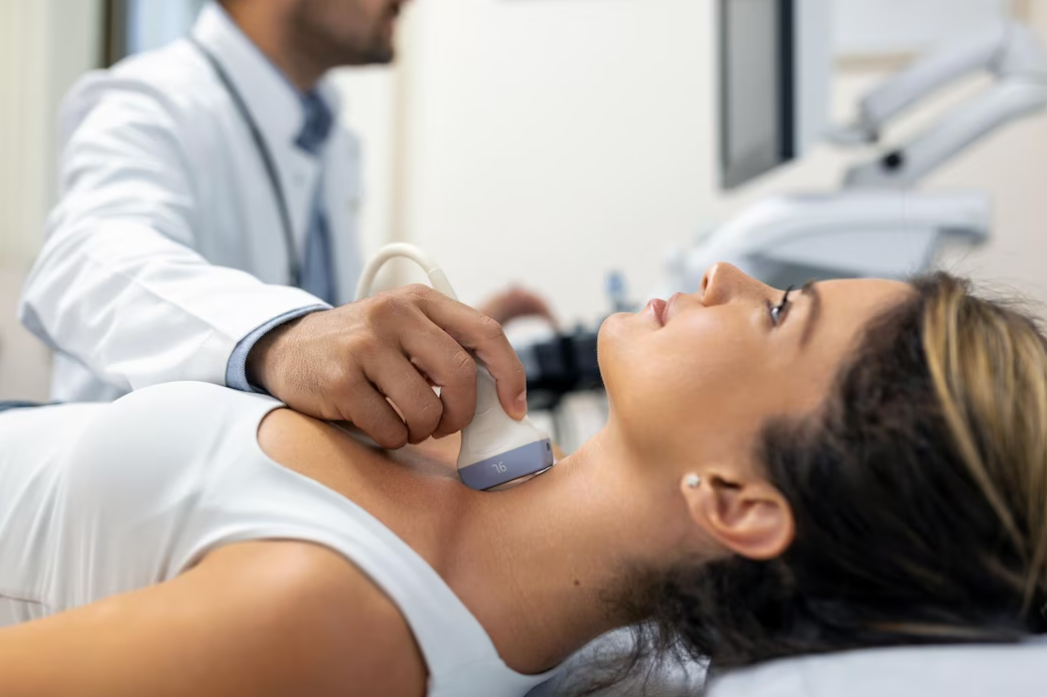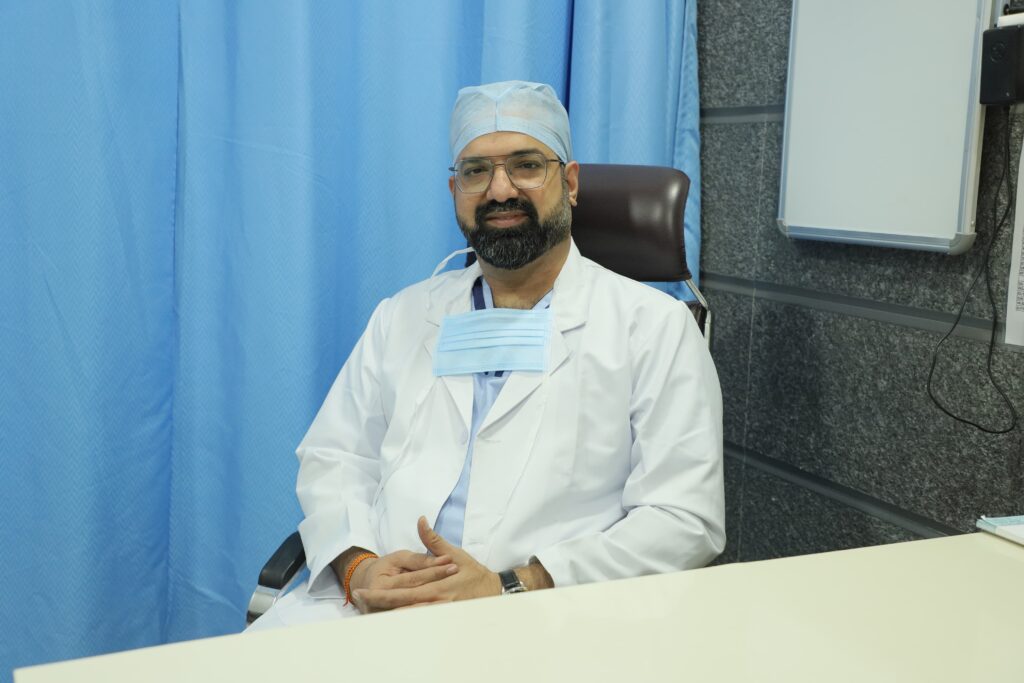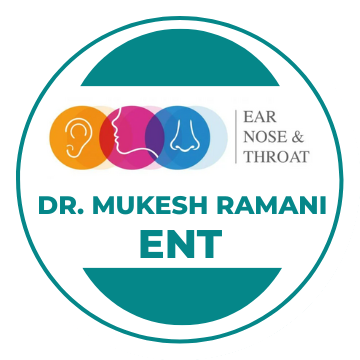Services
We Provide

Understanding Thyroglossal Duct Cyst
A thyroglossal duct cyst is a fluid-filled sac that forms in the neck due to the persistence of a duct from fetal development called the thyroglossal duct. This duct normally disappears during embryonic development, but if it persists, it can lead to the formation of a cyst. Thyroglossal duct cysts are typically located in the midline of the neck, just below the hyoid bone, and can vary in size. Understanding the causes, symptoms, diagnosis, and treatment options for thyroglossal duct cysts is essential for effectively managing this condition and preventing complications.
Diagnosis of Thyroglossal Duct Cyst
Diagnosing a thyroglossal duct cyst typically involves a comprehensive evaluation by a healthcare provider, often an otolaryngologist (ear, nose, and throat specialist) or a general surgeon. During the examination, the provider may review the individual’s medical history and perform tests such as:
- Physical Examination: A physical examination of the neck to assess for signs of swelling, tenderness, or a palpable cyst in the midline of the neck, just below the hyoid bone.
- Imaging Studies: Imaging studies such as ultrasound, computed tomography (CT) scans, or magnetic resonance imaging (MRI) may be recommended to visualize the size, location, and internal characteristics of the cyst.
- Fine Needle Aspiration (FNA): Fine needle aspiration may be performed to extract fluid from the cyst for further analysis and confirmation of diagnosis.
Causes of Thyroglossal Duct Cyst:
The exact cause of thyroglossal duct cysts is not fully understood, but it is believed to occur due to the incomplete closure or persistence of the thyroglossal duct during embryonic development. The thyroglossal duct normally forms during early fetal development and serves as a temporary structure for the migration of the thyroid gland from its embryonic origin in the base of the tongue to its final position in the neck. If the duct fails to close completely after the thyroid gland has migrated, it can lead to the formation of a cyst. Other factors that may contribute to the development of thyroglossal duct cysts include genetic predisposition and hormonal changes.
Symptoms of Thyroglossal Duct Cyst
Common symptoms of thyroglossal duct cysts may include:
- Neck Swelling: Visible swelling or lump in the midline of the neck, just below the hyoid bone.
- Pain or Discomfort: Pain or discomfort in the neck, particularly with larger cysts or when swallowing.
- Difficulty Swallowing: Difficulty swallowing (dysphagia) or the sensation of a lump in the throat, particularly with larger cysts that compress nearby structures.
- Redness or Tenderness: Redness, tenderness, or warmth over the cyst site, particularly with inflammation or infection of the cyst.
- Cosmetic Concerns: Cosmetic concerns related to the appearance of the neck due to the presence of a cyst.
It’s important to seek medical attention if you experience symptoms of a thyroglossal duct cyst, as untreated cysts can lead to complications such as infection, abscess formation, or recurrence. With proper diagnosis and treatment, individuals with thyroglossal duct cysts can achieve relief from symptoms and improve neck health.
18+
years
of experience

Dr. Mukesh Kumar Ramani
Dr. Mukesh Kumar Ramani is a dedicated Specialist ENT Surgeon at Aster Clinic (Aster Jubilee Medical Complex) in Burdubai, Dubai. With over 18 years of experience in the field, Dr. Ramani has garnered expertise in various aspects of Otorhinolaryngology.
He completed his MBBS from Thanjavur Medical College, Tamilnadu, India, followed by MS (ENT) from B. J. Medical College, Ahmedabad, India, and DNB from the National Board of Examinations, New Delhi, India. Dr. Ramani’s extensive academic background is complemented by his passion for delivering high-quality patient care.
